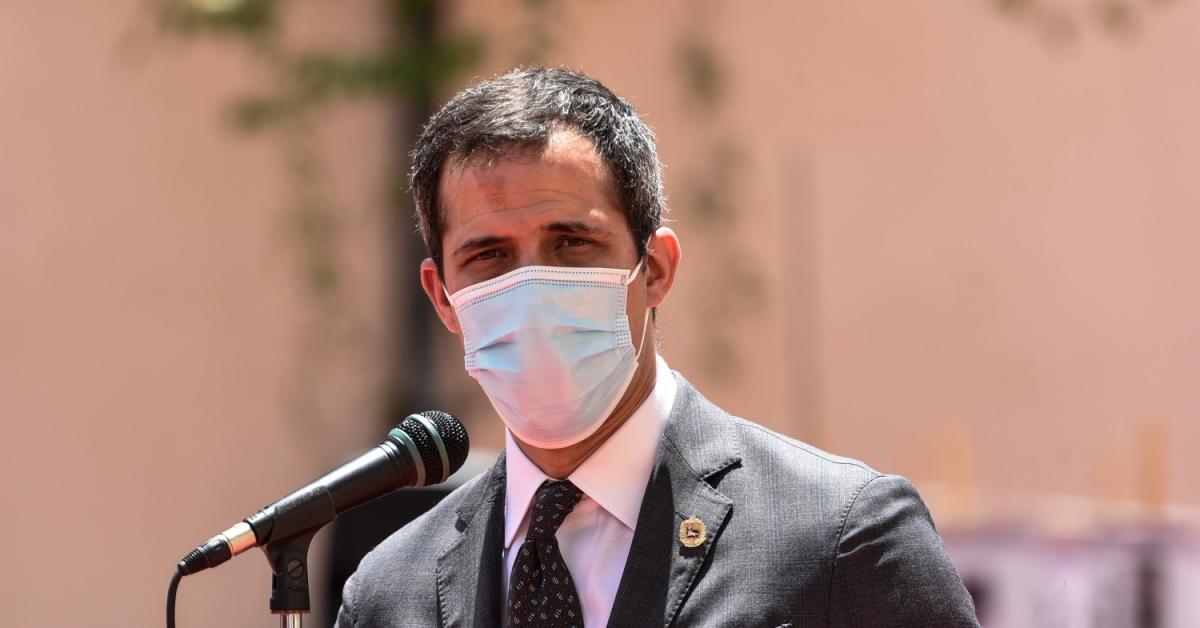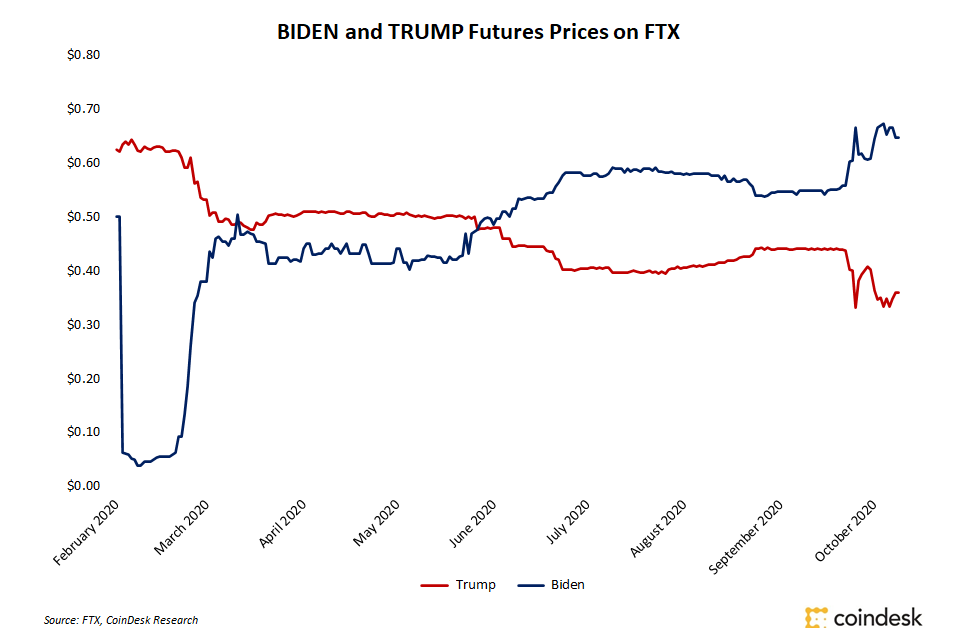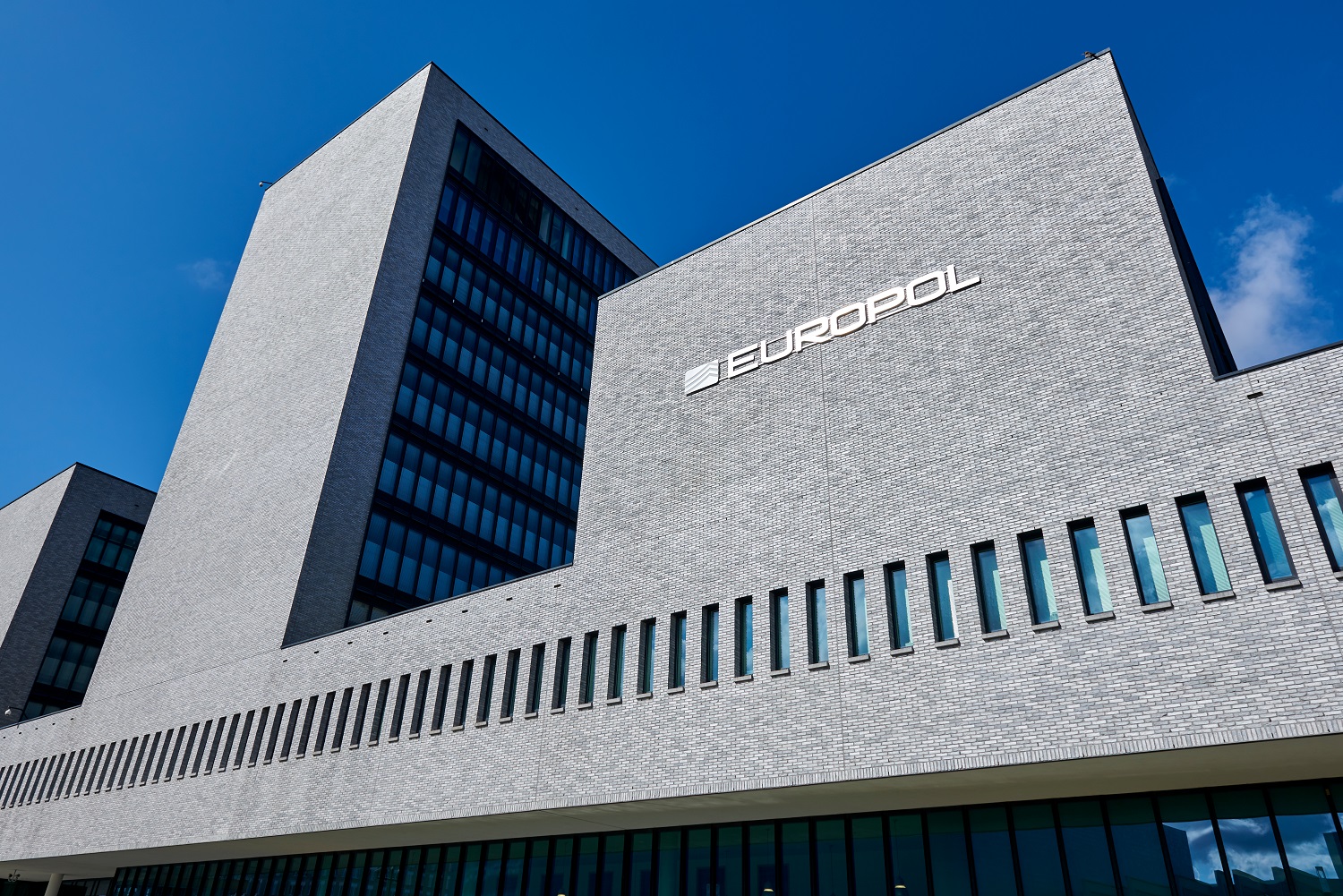Ethereum’s Daily Transaction Fees Hits 8-Month Low of $2.8M
-
Costs associated with executing transactions on Ethereum’s blockchain have dropped to lowest since December.
-
The decline comes amid frenzied activity on Friend.tech, which is built on Coinbase’s L2 chain and points to rising popularity of scaling solutions.
Ethereum, the world’s largest programmable blockchain and the parent platform of the world’s second-largest cryptocurrency ether (ETH), is the cheapest to use in eight months.
The total daily fees, paid by users for executing transactions on Ethereum, fell to 1,719 ETH ($2.8 million) on Sunday, the lowest single-day total since Dec. 26, according to data tracked by South Korea-based blockchain analytics firm CryptoQuant. The tally is down 89% from the year-to-date high of 16,720 ETH observed on May 5.
Ethereum uses a proof-of-stake consensus mechanism that involves validators instead of miners to create and verify blocks of transactions. Therefore, validators, entities that help secure the network by staking at least 32 ETH, receive transaction fees, but not in full. They get the priority fee or the tip that users add to the base fee to entice validators to prioritize their transactions. Meanwhile, the base fee is burned, taking ETH out of circulation.
A decline in the total fees paid represents low network usage, as fees are determined by the level of activity in the network, mainly the number of pending transactions.
That said, the eight-month low in fees probably stems from the rising popularity on the Ethereum layer 2 scaling solutions, a long-term positive development for Ethereum.
“Ethereum L1 fees since friends.tech launched on August 10 are 25% lower than the average for the year until then, which is in stark contrast to the times when the success of early NFT application CryptoKitties or the latest Yuga Labs NFT drop would commonly temporarily clog the Ethereum network,” David Lawant, head of research at FalconX, said in a note last week.
“From a broader perspective, seeing such a successful application gain meaningful traction without congesting the underlying blockchain network is encouraging. This, ofcourse, comes on the back of the development of Ethereum’s L2 scalability solutions: Friends.tech is built on top of Base, which is Coinbase’s L2 chain that uses the Optimism stack,” Lawant added.
Friend.tech debuted on Aug. 1, gaining over 100,000 users and accumulating more than $25 million in revenue within two weeks. Layer 2 scaling solutions like Optimism, Arbitrum and Base helps scale Ethereum, alleviating congestion and keeping transaction costs under check on the main network.
Per data tracked by analytics firm IntoTheBlock, the number of daily transactions on Optimism Mainnet hit a new all-time high of nearly 900,000 transactions on Aug. 15. Further, the number of transactions processed between Ethereum mainnet and the major layer 2s using optimistic rollup technology hit their second largest value in history early this month.
“As competition between L2s grows, it becomes clear that Ethereum benefits,” IntoTheBlock said in the weekly newsletter dated Aug. 18.
:format(jpg)/cloudfront-us-east-1.images.arcpublishing.com/coindesk/ZCOQHXGDWZDTXHPCED2VBVLG74.png)
Edited by Parikshit Mishra.









